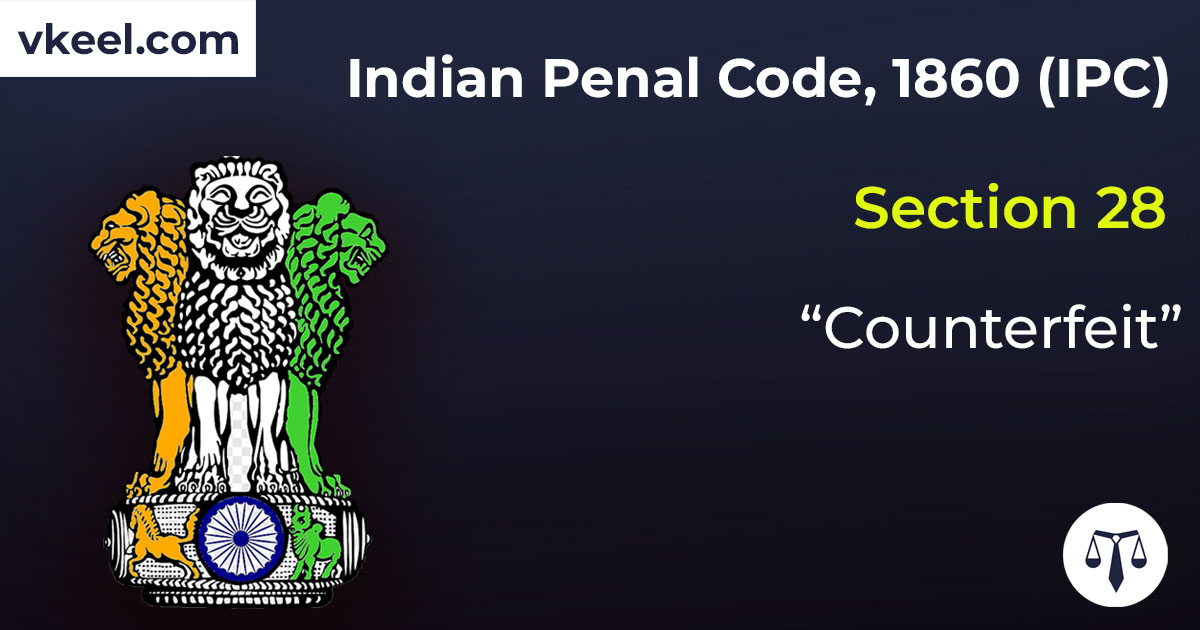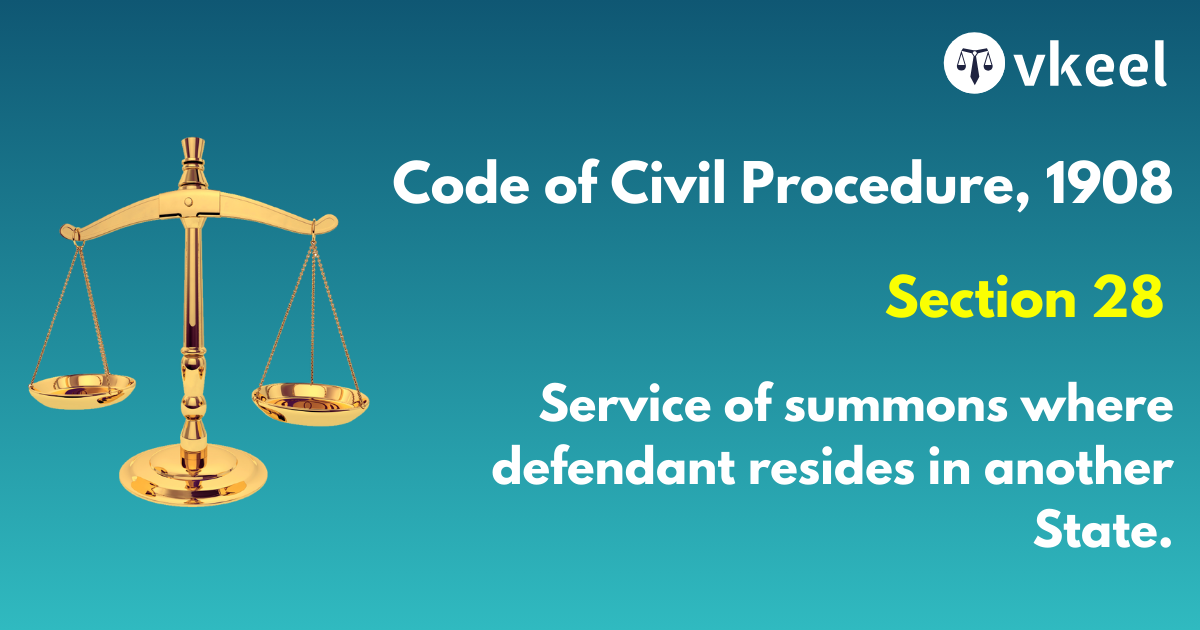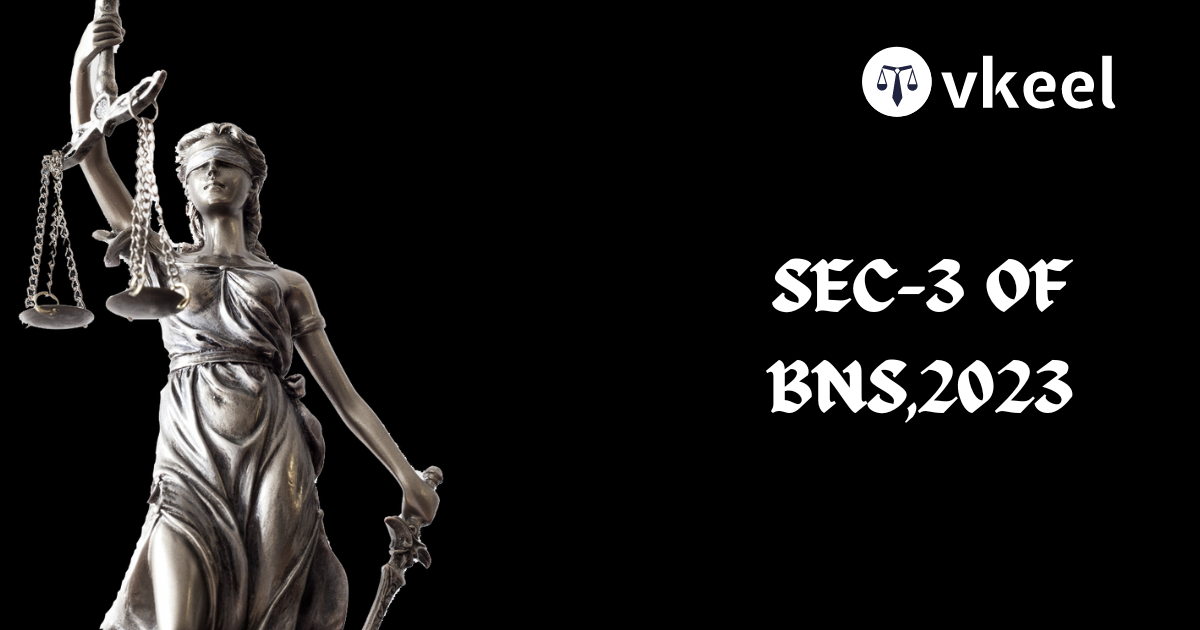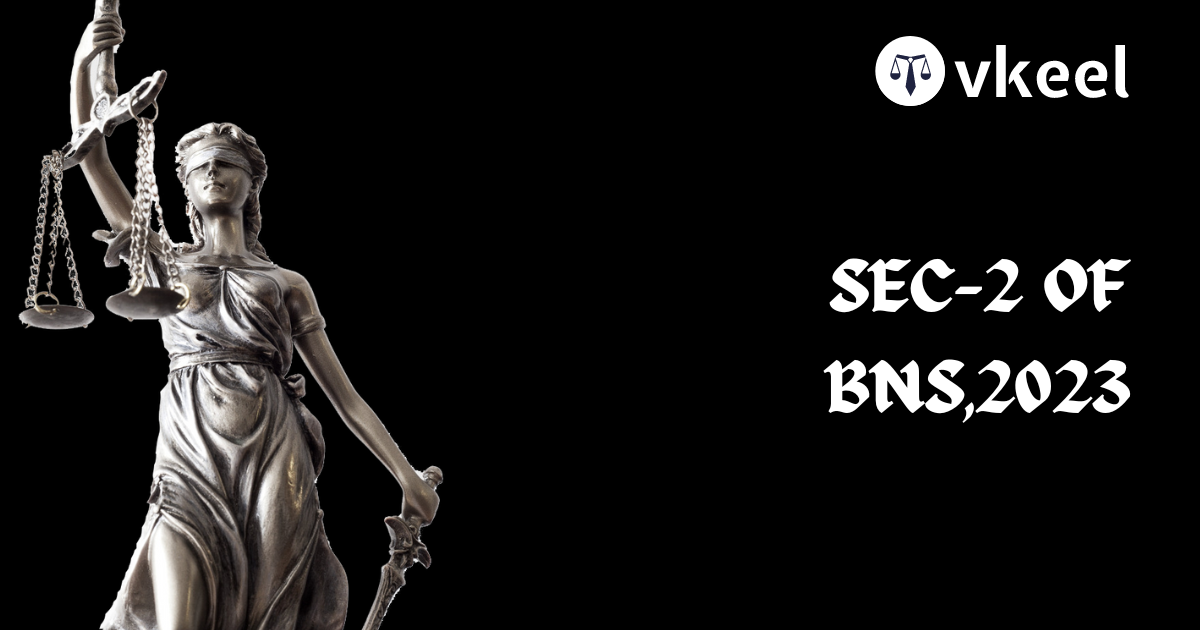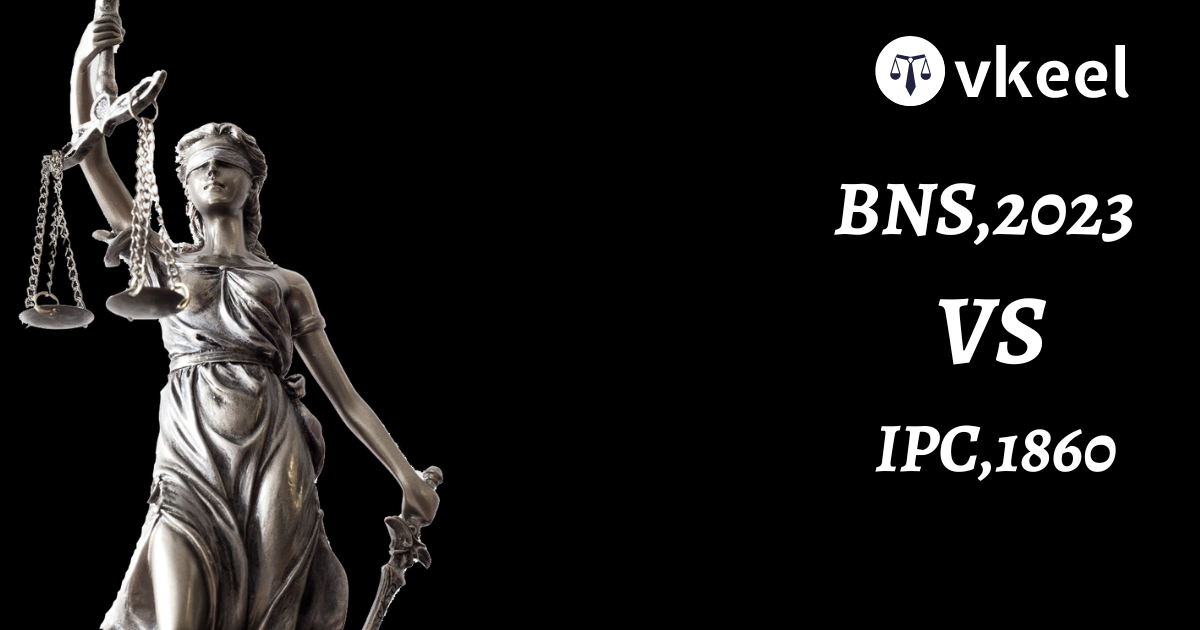Section 28 Indian Penal Code 1860 (IPC) – “Counterfeit”
By Vkeel Team
Table of Contents
Description
“Section 28 Indian Penal Code 1860 (IPC)”
A person is said to “counterfeit” who causes one thing to resemble another thing, intending by means of that resemblance to practise deception, or knowing it to be likely that deception will thereby be practised.
1 [Explanation 1.—It is not essential to counterfeiting that the imitation should be exact.
Explanation 2.—When a person causes one thing to resemble another thing, and the resemblance is such that a person might be deceived thereby, it shall be presumed, until the contrary is proved, that the person so causing the one thing to resemble the other thing intended by means of that resemblance to practise deception or knew it to be likely that deception would thereby be practised.]
What is Counterfeit?
Counterfeit refers to the creation of a fake or imitation of an object with the intention of deceiving or defrauding others. In the context of Section 28 of the IPC, counterfeit refers to the act of creating fake currency, coins, or government stamps or marks. The creation of counterfeit currency is a serious crime as it undermines the financial stability of the country and can lead to inflation.
Offense of Counterfeit under Section 28 IPC
Section 28 of the IPC states that anyone who counterfeits any coin or currency note, or any government stamp or mark, with the intention of deceiving or defrauding any person, or with the knowledge or belief that such a counterfeit will be used for such deception or fraud, shall be punished with imprisonment for a term that may extend to three years, along with a fine.
The section also states that anyone who is in possession of any counterfeit coin or currency note, or any government stamp or mark, with the knowledge or belief that such counterfeit is likely to be used for deception or fraud, shall be punished with imprisonment for a term that may extend to three years, along with a fine.
Essential Elements of the Offense
To prove the offense of counterfeit under Section 28 of the IPC, the prosecution must establish the following essential elements:
- Creation of counterfeit coin or currency note, or any government stamp or mark.
- Intention to deceive or defraud any person, or knowledge or belief that such counterfeit will be used for such deception or fraud.
- Possession of counterfeit coin or currency note, or any government stamp or mark, with the knowledge or belief that such counterfeit is likely to be used for deception or fraud.
Penalties for the Offense
The offense of counterfeit under Section 28 of the IPC is punishable with imprisonment for a term that may extend to three years, along with a fine. The amount of fine may vary depending on the nature and severity of the offense. In addition to the criminal penalties, a person convicted of the offense may also be liable to pay damages to any person who has been defrauded or deceived by the use of the counterfeit.
Defenses Available
There are certain defenses available to a person accused of the offense of counterfeit under Section 28 of the IPC. These include:
- Lack of intention or knowledge: If the accused can prove that he did not have the intention to deceive or defraud any person, or did not have the knowledge or belief that the counterfeit would be used for such deception or fraud, he may be acquitted of the offense.
- Lack of possession: If the accused can prove that he did not have possession of the counterfeit coin or currency note, or any government stamp or mark, he may be acquitted of the offense.
- Innocent possession: If the accused can prove that he had possession of the counterfeit coin or currency note, or any government stamp or mark, without knowledge or belief that such counterfeit was likely to be used for deception or fraud, he may be acquitted of the offense.
Conclusion
Counterfeit is a serious offense that can have significant consequences for the financial stability of a country. Section 28 of the IPC seeks to deter and punish such offenses by imposing severe penalties on those who create or possess counterfeit coins, currency notes, or government stamps or marks. It is essential for individuals to be aware of the consequences of counterfeiting and to refrain from engaging in such illegal activities. In addition, it is also important for law enforcement agencies to be vigilant and take strict action against those who engage in counterfeiting.
Counterfeiting not only affects the financial stability of a country but also has a negative impact on the economy as a whole. It can lead to a rise in inflation and decrease public confidence in the financial system. Furthermore, it can also be used for illegal activities such as money laundering, terrorist financing, and organized crime.
It is important to note that counterfeit currency is not only a problem in India but is a global issue. The International Criminal Police Organization (INTERPOL) has been working with law enforcement agencies around the world to combat counterfeiting and other financial crimes.
In conclusion, the offense of counterfeit under Section 28 of the IPC is a serious crime that can have far-reaching consequences. It is important for individuals to be aware of the penalties associated with counterfeiting and to refrain from engaging in such illegal activities. Law enforcement agencies must also be vigilant and take strict action against those who engage in counterfeiting to maintain the integrity of the financial system and protect the economy as a whole.
1. Subs. by Act 1 of 1889, s. 9, for the “Explanation“.
Desctiption Source: indiacode
Disclaimer:
The information provided in the article is for general informational purposes only, and is not intended to constitute legal advice or to be relied upon as a substitute for legal advice. Furthermore, any information contained in the article is not guaranteed to be current, complete or accurate. If you require legal advice or representation, you should contact an attorney or law firm directly. We are not responsible for any damages resulting from any reliance on the content of this website.

